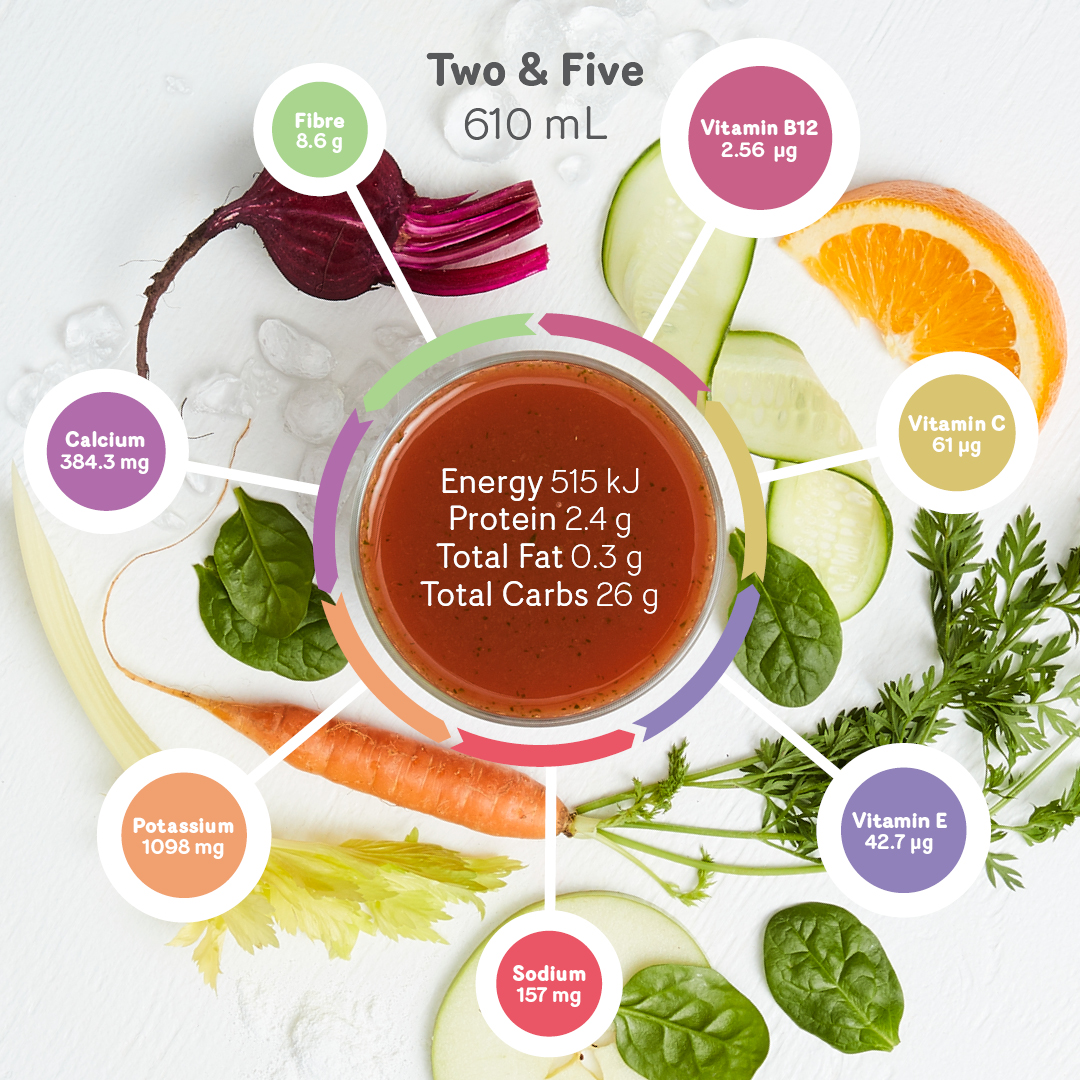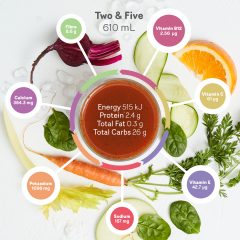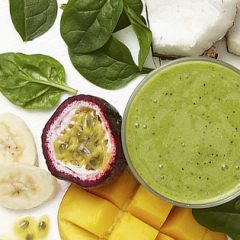It’s what’s inside that counts!

How often do you hear that what you ate has too much of one thing and not enough of the other or eat more of this because it’ll help you do x but not too much because it could cause y. It’s confusing, right? And no, we’re not here to add to that confusion, but sometimes we hear it from our customers who say they’ve heard our products have too many calories or sugar in them, and more often than not, our response is “it’s what’s inside that counts”.
What does that mean? We’re not big on just looking at the nutritional panel, more often than not if you look at the ingredients list the story can look a lot different. At Boost we look for foods that fuel our bodies so that we can get the most out of life. It’s no surprise that there is sugar and calories in our smoothies and juices, but what you might find surprising is that it’s not the same sugar you’ll find in a soft drink or milkshake. Our smoothie’s and juices use real fruit and veg that contain fructose, this reads as sugar on a nutritional panel which is different to the added sugar you’ll find in soft drinks. Our smoothies also offer a range of benefits from vitamins and minerals through to fibre for gut health and calcium for healthy bones.
We ourselves put this theory to the test, we talk about these benefit’s but this time we put our products under a microscope along with 12 other on-the-go drinks to get the full story. Working with researches Dr Rebecca Reynolds and Ms Sophia Lin from UNSW’s School of Public Health and Community Medicine to analyse the drinks for energy, macronutrients and seven micronutrients (all the good stuff we sometimes forget about) and gave each drink an Estimated Nutrition Quality (ENQ) score based on levels of these nutrients as well as approximated fruit and vegetable serves. What the ENQ did was measure all the elements that makes up the drinks and not just that on a nutritional table. What it found was that those drinks that contained whole ingredients even if their sugar content or calories were higher than the options, nutritionally were sounder (see more the study results here) and saw 8 of the 9 Boost drinks score above average.
With growing concerns of sugar, what this study helped demonstrate to us is that we need to look at ‘empty calories’ which are easily consumed in place of or in addition to ‘functional foods’ which contain nutrients and fuel that the body needs. It’s no surprise that there is sugar in Smoothies and Juices and therefore in all of our products because they contain fruit. But if we compare a smoothie to a bottle of soft drink, whilst the difference in calories may be similar and even the grams of sugar similar, the difference is that the soft drink will have 0 nutritional benefits to your body and your body will have consumed ‘empty calories’. Whereas the smoothie can provide you with antioxidants, fibre, vitamins and minerals and whilst it has sugars, these are natural sugars which your body easily converts into energy. Great when you’re on the go.
At the end of the day it’s choice and at Boost we have an array of smoothies and juices that customers can choose from based on their needs.







